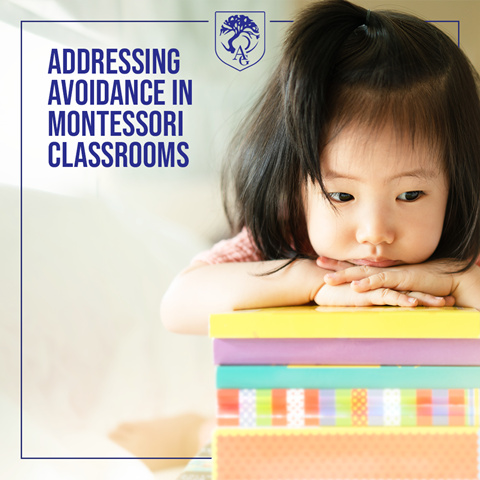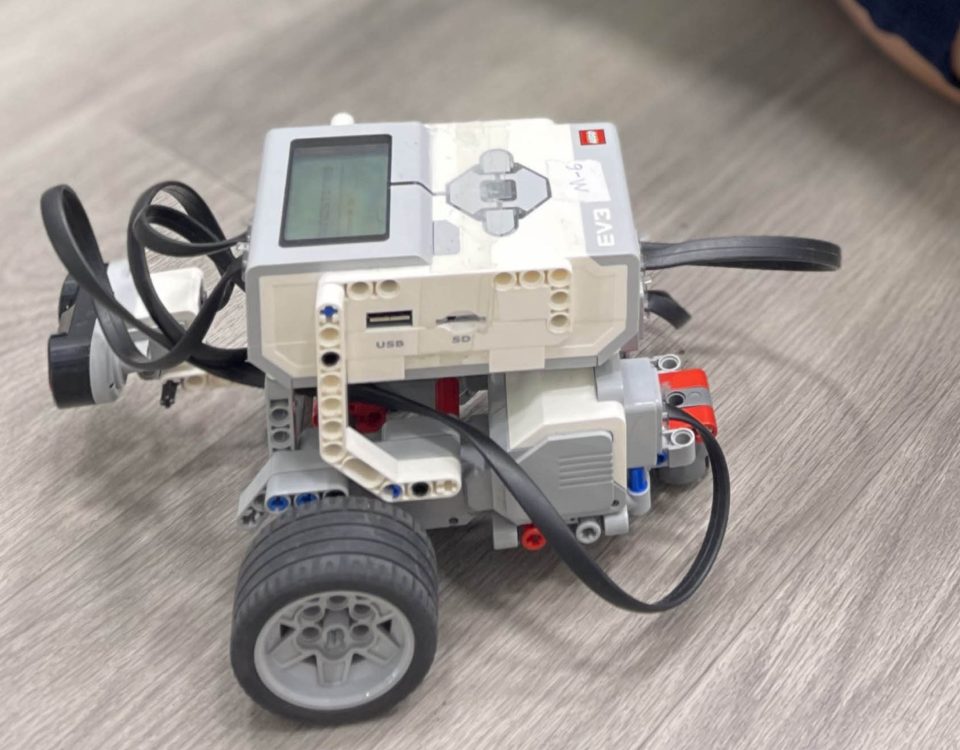Addressing Avoidance In Montessori Classrooms
Addressing Avoidance In Montessori Classrooms
Montessori classrooms hinge largely upon each child’s individual choices. It’s these choices that guide their own unique paths of learning which is what makes the Montessori experience so unique. Many parents often wonder what happens in a Montessori classroom when children avoid certain areas of the classroom, or more specifically work that they don’t want to do.
It is a valid concern, especially as children get older and become even more independent in their choices. Rest assured that avoidance in the Montessori classroom is something that our educators are well-versed in handling. After all, developing good work habits and strong work ethics is part of the intended Montessori outcomes. Here is how we address it.
Observe From A Distance
When children begin avoiding certain areas of education there is always a reason that’s motivating that behavior. Montessori educators are trained to first examine themselves and their actions as potential sources for students’ struggles. Once they determine that those are not contributing factors to the avoidance, only then do they consider the child and/or the child’s current life stressors as the source of the issue.
Montessori teachers then observe much like a scientist would. They begin analyzing the situation in an attempt to see the inner workings from all perspectives in order to diagnose the problem so that they can offer a solution. Some of the things a Montessori teacher may look for include:
- Getting back to the basics: Are the child’s most basic needs being met?
- Examining the classroom: Is the physical classroom itself supportive of the child’s learning?
- Outside influencers: Is the child experiencing major life changes/stressors that may be taking a toll on their emotional well being?
Give Students Choices
Nobody wants to be micromanaged so why should we think children are okay with it? It may surprise you to learn that many instances of avoidance are easily solved by giving children choices. The power to make a choice is empowering and helps children develop a greater sense of self-esteem and accountability by knowing that someone trusts in them to make the right decision. This idea goes along with the Montessori belief that respected children are more likely to work diligently to reach new milestones.
Entice Their Individual Interests
While Montessori classroom materials are intended to be used very specifically, there remains the ability to appeal to a child’s unique interests. If a child is avoiding a particular task, that task can be made more appealing by incorporating something the child enjoys. For example, providing the child with their favorite color paint that is easily accessible or finding books that discuss their favorite animals when developing reading materials are easy ways that a Montessori teacher can appeal to a child’s individual interests. Sometimes this minor adjustment can lead to great strides in breaking through avoidant behaviors.
Practice Accountability
Montessori classrooms may not use punitive measures but that does not mean that children aren’t held accountable for their actions or lack thereof. Children in Montessori classrooms still have expectations and it is critical that they learn to follow through. Teachers will help students reach these expectations by making sure the expectations are clearly defined and understood, providing a prepared environment where expectations can reasonably be met, and offer gentle guidance when necessary.
Conclusion
It is important to remember that learning to work is part of the work itself. It is not unusual for students to develop some degree of avoidance throughout their educational endeavours. What is important is that they are given every opportunity to learn to manage time, utilize resources, and build the confidence to accomplish any task that is set before them.








